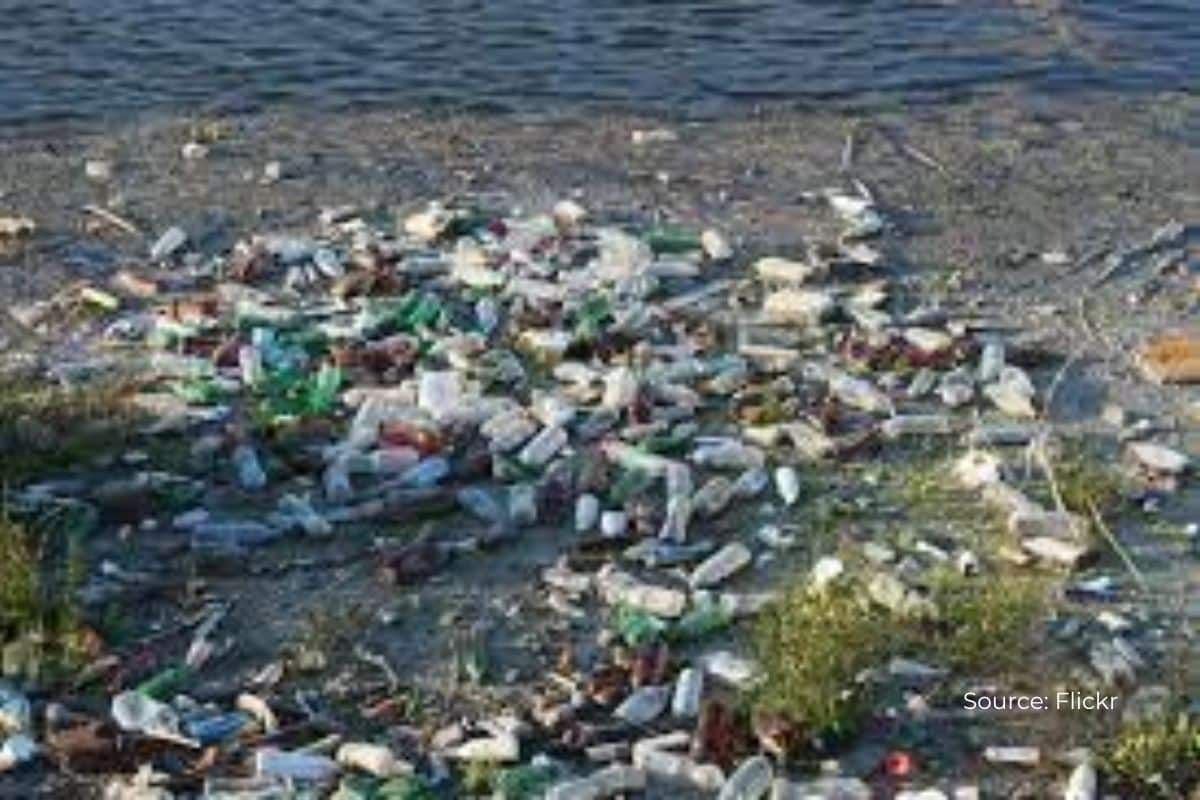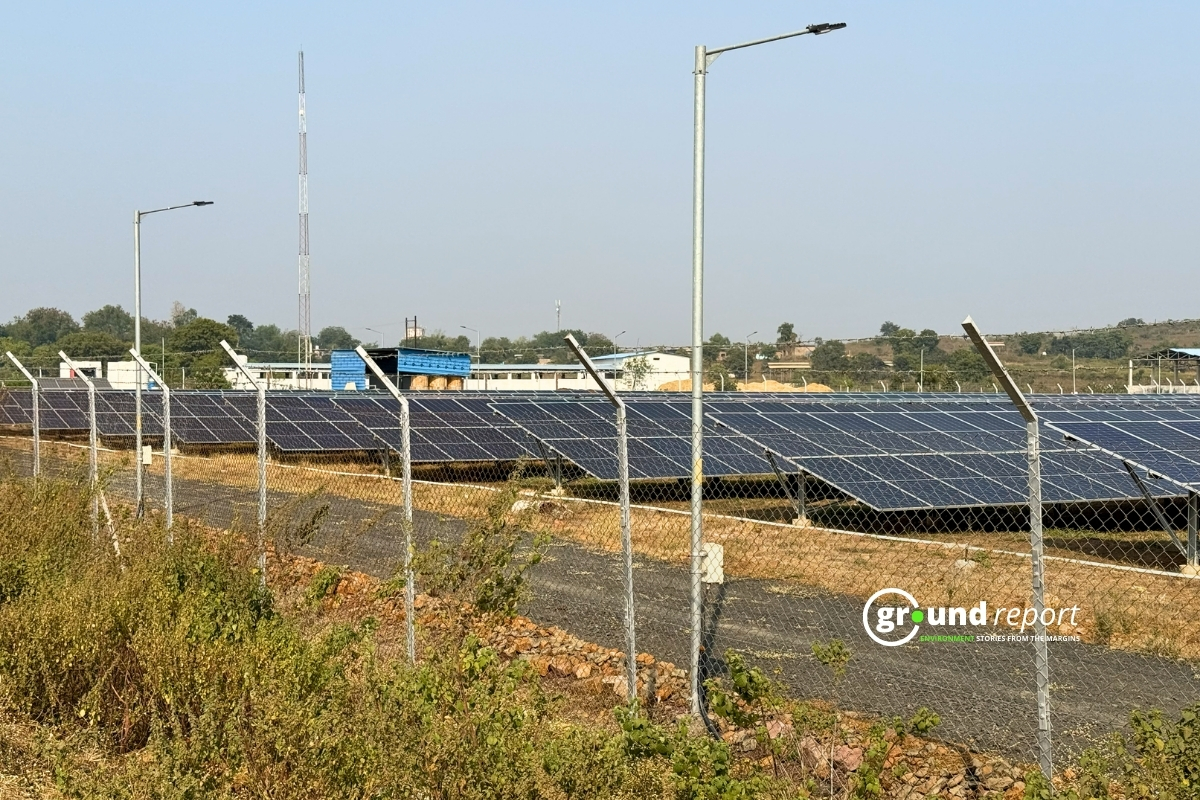Despite the widespread belief that recycling plastic can help alleviate the issue of pollution, only nine percent of plastic is actually recycled worldwide, with the rest ending up in landfills, including oceans, causing detrimental marine pollution.
This global issue is exacerbated by the United States, which generates the most plastic pollution and recycles a mere 5% of the 50 million tons of plastic produced in the country in 2021, as reported by Greenpeace.
Plastics are manufactured mainly from oil and gas, which are major contributors to carbon emissions. The production of plastic is projected to triple by 2060, and most of it will end up in the oceans, threatening marine life.
Although large plastic producers such as Nestlé and Danone have promised to increase plastic recycling, these pledges have not been kept.
Complexity of Plastic Recycling
One of the biggest reasons why plastic is not recycled is its complexity. There are many different types of plastic, each with its own chemical composition, which can make recycling a difficult and expensive process.
As Mary Ellen Mika, the president of the plastics division of the American Chemistry Council, explains, “It’s not as easy as throwing a bunch of plastic into a machine and out pops a new product.”
Contamination
Another issue that hinders plastic recycling is contamination. Plastic waste that is not properly sorted or cleaned can contain food residue, dirt, or other impurities that can make it difficult to recycle.
In an interview with NPR, Michael Levy, the director of the master’s program in environmental science and policy at Columbia University, states, “If it’s not clean, it’s not recyclable.”
Low Recycling Rates
Low recycling rates can also be attributed to a lack of infrastructure and investment in recycling programs.
According to Recycling International, “Many localities lack the infrastructure and investment to collect, process and market post-consumer plastics,” which can make recycling difficult or impossible in certain areas. Without proper facilities and funding, plastic waste can often end up in landfills or incinerated.
Low Economic Value
Additionally, some plastics simply have a low economic value, which can make it difficult for recyclers to justify the cost of recycling.
As Mika explains, “The economics of recycling are tough for plastics because the material is relatively cheap, and the process of turning it into a new product can be expensive.”
This is particularly true for single-use plastics, such as straws and plastic bags, which are often too contaminated or too low in quality to be recycled.
Lack of Consumer Awareness
Finally, a lack of consumer awareness about proper recycling practices can also contribute to low recycling rates. Many people may not know which plastics can be recycled, how to properly clean and sort their plastic waste, or even where to recycle.
This can result in plastic waste being improperly disposed of, leading to environmental pollution.
Keep Reading
- Why Recycling plastic is practically impossible?
- Bhopal’s ineffective single-use plastic ban!
- No Proposal to expand single-use plastic ban: Govt
Follow Ground Report for Climate Change and Under-Reported issues in India. Connect with us on Facebook, Twitter, Koo App, Instagram, Whatsapp and YouTube. Write us at GReport2018@gmail.com.









